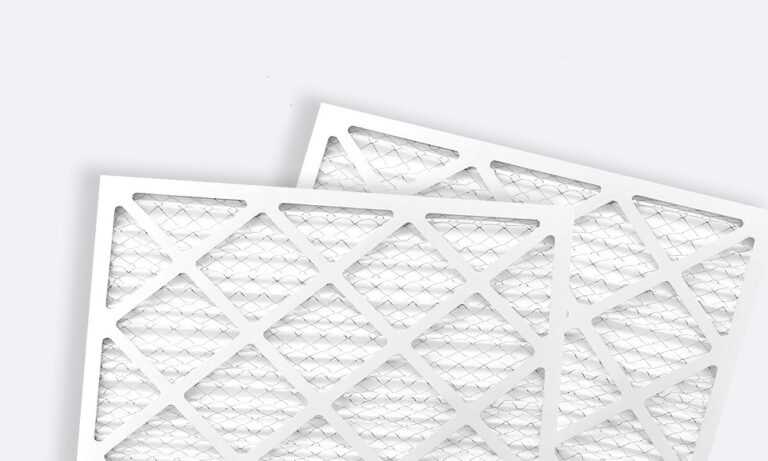Introduction
Maximizing energy efficiency is a crucial goal for many homeowners. With the increasing energy costs, finding ways to reduce energy bills and lower the carbon footprint has become more important than ever. One of the simplest and most effective ways to improve home energy efficiency is using the right air filter. A high-quality air filter can improve indoor air quality, reduce the strain on heating and cooling systems, and increase energy efficiency.
The Importance of Clean Home Air Filters
Clean air filters are crucial in maintaining a healthy indoor environment and improving energy efficiency. The primary function of an air filter is to remove pollutants from the air, like dust, pollens, and other pollutants, etc. However, a dirty air filter can negatively impact the performance of heating and cooling systems, leading to higher energy bills.
A clogged air filter can make it harder for the system to circulate air, leading to overworking and increased energy usage. Additionally, a dirty air filter can restrict airflow and reduce the overall effectiveness of the heating and cooling system, leading to increased energy bills. Regularly changing air filters can help to keep heating and cooling systems running smoothly, improve energy efficiency, and keep the air in your home clean and healthy. By making air filter maintenance a priority, homeowners can enjoy a more comfortable home while reducing their energy costs.
How to Maximize Energy Efficiency with Right Home Air Filter
Here are some tips on how to maximize energy efficiency with the right home Air Filter:
Choosing the Right Air Filter
One of the key ways to maximize energy efficiency with the right air filter is by choosing a high-efficiency particulate air (HEPA) filter. HEPA filters are designed to remove many airborne particles, including dust and other pollutants. They are particularly effective in homes with allergies or asthma, as they can help to remove triggers that can cause respiratory problems.
In addition, HEPA filters are highly efficient and can reduce the strain on heating and cooling systems, helping to lower energy bills. Another way to improve energy efficiency with custom air filters for homes is by using filters with a high MERV rating. MERV stands for minimum efficiency reporting value, and it measures the effectiveness of an air filter. The higher the MERV rating, the more effectively the air filter removes particles. When choosing an air filter, it is important to consider the specific needs of your home and the type of heating and cooling system you have.
Regular Filter Changes
To choose the right air filter for your home, it is essential to change it regularly. A dirty air filter can greatly reduce the efficiency of heating and cooling systems, leading to increased energy bills. Most air filters should be changed every three months, although this may vary depending on the specific needs of your home and the type of filter you are using. Regularly changing air filters can help to keep heating and cooling systems running smoothly, improving energy efficiency and reducing energy bills.
Choosing the Right Size Air Filter
It is important to choose the right size air filter for your home like 16x16x1 air filters. An air filter that is too small will not effectively remove pollutants from the air, while an air filter that is too large can restrict airflow and reduce the overall effectiveness of heating and cooling systems. Choosing the right size air filter ensures that you’re heating and cooling system works at its full potential, improving energy efficiency and reducing energy bills.
Conclusion
Choosing the right home air filter is key to maximizing energy efficiency. Custom Filters Direct, a residential air filter supplier, provides high-quality residential air filters that can improve indoor air quality. Custom Filters Direct offers a wide range of residential air filters to find the perfect air filter for your home and budget. Maximizing energy efficiency with the right home air filter is important in creating a comfortable, healthy, and energy-efficient home.



Comments are closed.